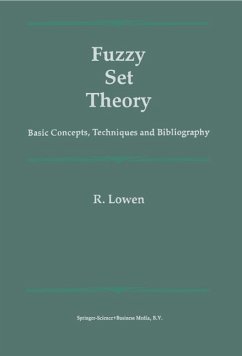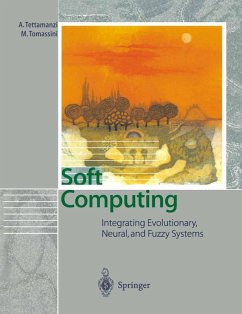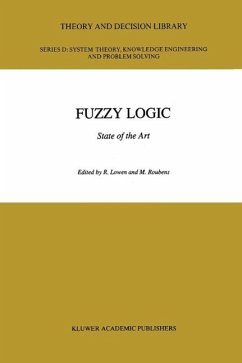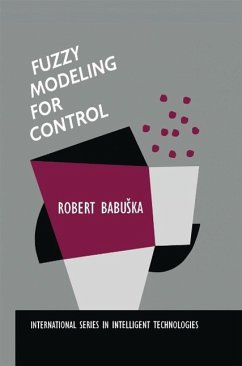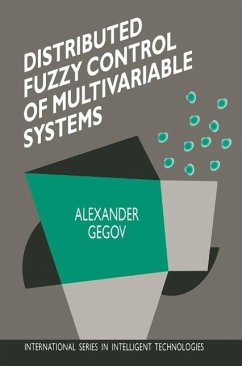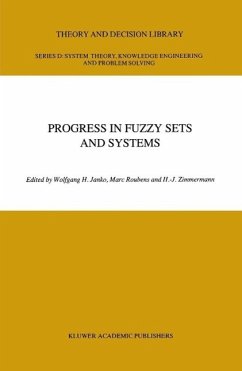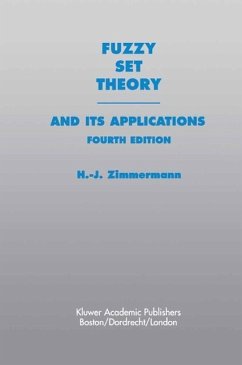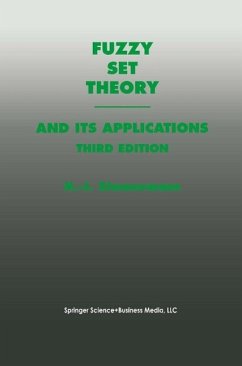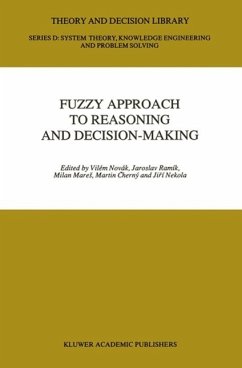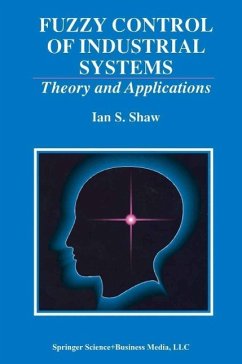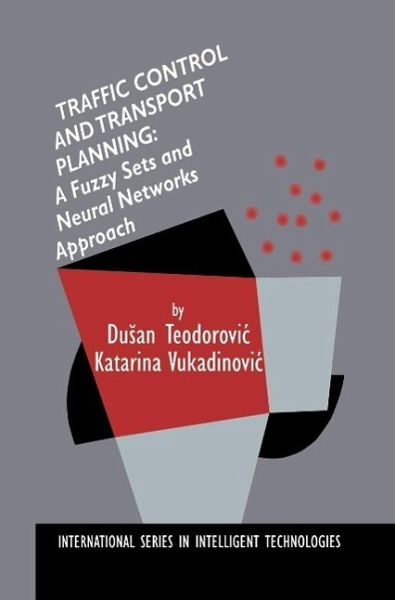
Traffic Control and Transport Planning: (eBook, PDF)
A Fuzzy Sets and Neural Networks Approach
Versandkostenfrei!
Sofort per Download lieferbar
160,95 €
inkl. MwSt.
Weitere Ausgaben:

PAYBACK Punkte
80 °P sammeln!
When solving real-life engineering problems, linguistic information is often encountered that is frequently hard to quantify using "classical" mathematical techniques. This linguistic information represents subjective knowledge. Through the assumptions made by the analyst when forming the mathematical model, the linguistic information is often ignored. On the other hand, a wide range of traffic and transportation engineering parameters are characterized by uncertainty, subjectivity, imprecision, and ambiguity. Human operators, dispatchers, drivers, and passengers use this subjective knowledge ...
When solving real-life engineering problems, linguistic information is often encountered that is frequently hard to quantify using "classical" mathematical techniques. This linguistic information represents subjective knowledge. Through the assumptions made by the analyst when forming the mathematical model, the linguistic information is often ignored. On the other hand, a wide range of traffic and transportation engineering parameters are characterized by uncertainty, subjectivity, imprecision, and ambiguity. Human operators, dispatchers, drivers, and passengers use this subjective knowledge or linguistic information on a daily basis when making decisions. Decisions about route choice, mode of transportation, most suitable departure time, or dispatching trucks are made by drivers, passengers, or dispatchers. In each case the decision maker is a human. The environment in which a human expert (human controller) makes decisions is most often complex, making it difficult to formulate a suitable mathematical model. Thus, the development of fuzzy logic systems seems justified in such situations. In certain situations we accept linguistic information much more easily than numerical information. In the same vein, we are perfectly capable of accepting approximate numerical values and making decisions based on them. In a great number of cases we use approximate numerical values exclusively. It should be emphasized that the subjective estimates of different traffic parameters differs from dispatcher to dispatcher, driver to driver, and passenger to passenger.
Dieser Download kann aus rechtlichen Gründen nur mit Rechnungsadresse in A, B, BG, CY, CZ, D, DK, EW, E, FIN, F, GR, HR, H, IRL, I, LT, L, LR, M, NL, PL, P, R, S, SLO, SK ausgeliefert werden.



